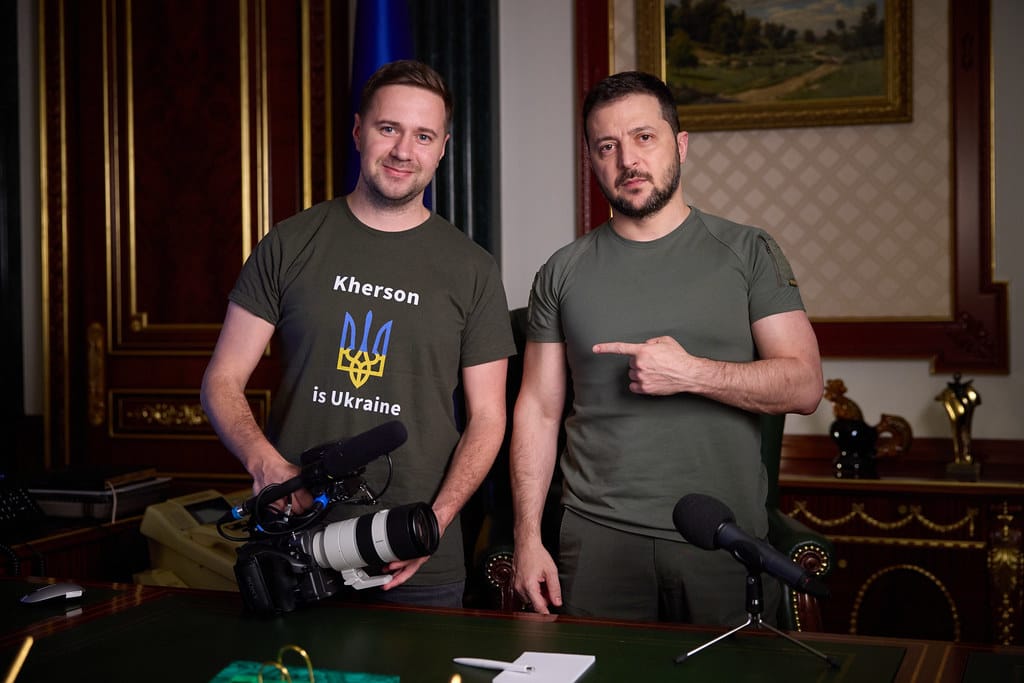Security Researchers Expose SkyRover X1 as Rebranded DJI Drone in Elaborate Corporate Deception
Cybersecurity experts have uncovered compelling evidence that the SkyRover X1, marketed as an American-made alternative to Chinese drones, is actually a disguised DJI product—raising serious questions about supply chain transparency and national security implications.
The discovery, made by researchers at drone security firm AerialGuard, has sent shockwaves through the commercial drone industry and government procurement circles. Their investigation reveals that SkyRover Corporation, which has positioned itself as a domestic drone manufacturer, appears to be selling rebranded Chinese hardware while charging premium prices for "American innovation."
The Smoking Gun: Firmware Analysis
The breakthrough came during a routine security audit when AerialGuard researchers noticed suspicious similarities in the SkyRover X1's digital signature. Deep analysis of the drone's firmware revealed identical core architecture to DJI's Mavic 3 Enterprise series, including shared cryptographic keys and proprietary communication protocols.
"The evidence is overwhelming," said Dr. Sarah Chen, lead researcher at AerialGuard. "We found over 200 identical code sequences, matching hardware identifiers, and even remnants of DJI's original Chinese-language comments buried in the firmware."
Most damning was the discovery of hardcoded server addresses pointing to DJI's data centers in Shenzhen, China—a finding that contradicts SkyRover's claims about secure, domestic data handling.
Marketing vs. Reality
SkyRover Corporation has aggressively marketed the X1 as a solution for organizations concerned about Chinese-made drones. The company's website prominently features American flags and testimonials from government contractors who believed they were purchasing domestically-produced equipment.
The X1 retails for $3,200, nearly double the cost of comparable DJI models, with SkyRover justifying the premium through claims of enhanced security features and American manufacturing. Government documents obtained through FOIA requests show that several federal agencies have purchased hundreds of these units over the past 18 months.
Supply Chain Vulnerabilities Exposed
This revelation highlights broader vulnerabilities in drone supply chains, particularly for sensitive applications. The U.S. government has spent years trying to reduce dependence on Chinese drone technology due to espionage concerns, leading to the creation of approved vendor lists and "Blue UAS" programs for trusted suppliers.
Industry analyst Mike Rodriguez from UAV Market Intelligence estimates that at least 40% of "American-made" commercial drones may actually contain significant Chinese components or be entirely rebranded imports. "This case shows how easy it is to circumvent security measures through simple rebranding operations," Rodriguez explained.
Corporate Response and Damage Control
SkyRover Corporation initially denied the allegations but has since retained crisis management firm Morrison & Associates. The company's stock price has plummeted 60% since the research became public, with trading halted twice this week due to volatility.
In a brief statement, SkyRover CEO Marcus Thompson claimed the similarities were due to "industry-standard components" and promised a full investigation. However, the company has not addressed specific technical findings about identical firmware or data routing to Chinese servers.
Regulatory and Security Implications
The Federal Aviation Administration has launched an investigation into SkyRover's certification process, while the Department of Homeland Security is reviewing the security implications for government users. Congressional sources indicate that hearings may be scheduled to examine broader issues of drone supply chain integrity.
"This isn't just about one company," said Representative Janet Kim, who chairs the House Subcommittee on Cybersecurity. "It's about systemic failures in how we verify the origin and security of critical technologies."
The Defense Department has reportedly begun an urgent review of all SkyRover X1 deployments and is considering adding the company to its list of prohibited vendors.
Key Takeaways for Drone Users
This case serves as a stark reminder that due diligence extends far beyond marketing claims. Organizations should demand transparent supply chain documentation, conduct independent security audits, and verify hardware origins through technical analysis rather than vendor assurances.
The SkyRover deception also underscores the need for stronger regulatory frameworks around technology supply chains, particularly for dual-use equipment that could pose national security risks. As the drone industry continues to evolve, maintaining the integrity of domestic alternatives to foreign technology will require vigilance from both regulators and end users.
For now, current SkyRover X1 operators should consider immediate security assessments and evaluate alternative platforms while investigations continue.
